
The ASAM Pain & Addiction: Common Threads XXII - 2021
- Registration Closed

Wednesday, April 21, 2021
10:00 am – 6:00 pm ET
Live Virtual and On-Demand Workshop
Overview
The ASAM Pain & Addiction: Common Threads Course is one of ASAM’s longest running and most popular courses. This advanced course is designed to increase learner’s understanding of complex topics and improve treatment of patients who fall somewhere in the gray area around pain and addiction. Participants will learn new research developments affecting treatment and how to integrate these techniques into their own practices. This year’s course will utilize a dynamic mix of teaching methods to engage a virtual audience.
Please note that all recordings except the Live Audience Engagement Sessions (1.5 CME total) are available on-demand today. The Audience Engagement Sessions will be available shortly.
Learning Objectives
Upon completion of this educational activity, participants should be able to:
- Recognize the racial and ethnic disparities that exist in health and healthcare within the United States
- Identify personal unconscious biases and effectively utilize antiracism strategies to improve practices
- Assess strategies to improve the treatment of pain and addiction for patients of color and formulate a plan to treat patients equitably
- Evaluate the history, current research and treatment considerations for prescribing opioids for chronic non-cancer pain
- Define the concepts of hyperalgesia and hyperkatifeia and their importance when treating pain and addiction
- Employ appropriate behavioral health techniques and referrals to provide compassionate, trauma-informed care
- Compare key pain and addiction research publications from 2020-2021 and identify their relevance to practice
Fees
| Rate Description | Rate |
| ASAM Member | $149 |
| Non-Member | $199 |
| Associate Member | $99 |
| Resident Member* | $99 |
| Student Member* | $99 |
(*) Residents, Fellows-in-training, Interns, and Students must join ASAM to receive a discounted registration rate.
- Click here to become an ASAM member.
- Residents, Fellows-in-training, and Interns: National and Chapter membership dues apply.
- There is no charge for Students to become a Member, but verification of student status is required.
- Membership Question? Call ASAM at 1.301.656.3920, email us, or view the ASAM website for more information.
Refunds & Cancellations
All ASAM e-Learning Center refund requests must be made in writing to education@asam.org within 90 days of purchase. Those requesting refunds for courses that are in progress will receive partial refunds or e-Learning Center credit. Automatic full refunds will be made for any course with a live-course component that has been cancelled.
Registration Deadline: 04/30/2024
Get Started
To begin, click on the Contents tab to get started with the course. Click on the other tabs to view information on the presenters, credit and disclosures, how to claim credits and certificate, and materials/resources related to the course.
Claim Credit & Certificate
- If you attended the live course, skip to step 4. If viewing the On-Demand course, go to step 2.
- Click the Contents tab and select View On-Demand Recording. After viewing the entire video, return to the Contents tab.
- Click Complete Post Test to answer quiz questions. After completing the quiz, return to the Contents tab.
- Click Complete Evaluation to answer evaluation questions. Scroll down on all questions, there are answers that expand past the size of the window. Submit the evaluation (the next box should activate, and the evaluation box should turn green with a white check mark).
- Click the button “Claim Credits” in the box titled “Claim Credits & Certificate." Choose the type of credit and click submit. Click the button “View/Print Certificate” to save or print your certificate. If you ever lose your certificate, you can come back to the ASAM e-Learning Center and view it on your transcript (found in the Dashboard).
Need Assistance?
If you have are experiencing any log in issues, cannot access a course, need assistance claiming credit, or have other questions or concerns, please e-mail Education@asam.org for assistance.
For learners who may have difficulty typing, moving a mouse or reading, Essential Accessibility is an application available for use to assist.
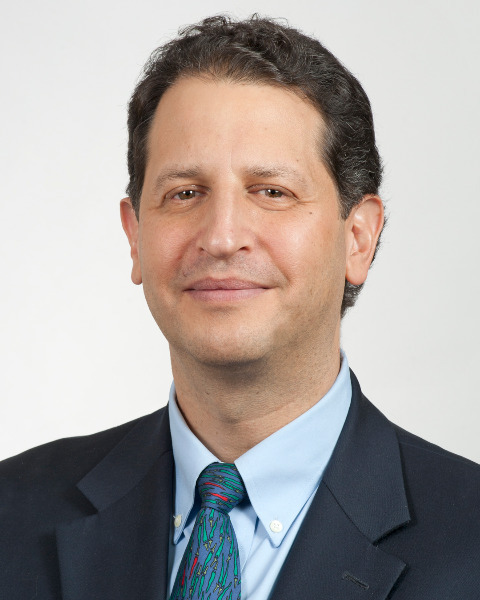
Daniel P. Alford
MD, MPH, FACP, DFASAM
Daniel Alford, MD, MPH, FACP, DFASAM is a Professor of Medicine and Associate Dean of Continuing Medical Education at Boston University School of Medicine (BUSM). He is on staff in the Section of General Internal Medicine and Director of the Clinical Addiction Research and Education (CARE) Unit at Boston Medical Center. He is the Medical Director of the CDC-funded Boston Sustainable Models for unhealthy Alcohol use ReducTion (B SMART) and the HRSA funded SBIRT And FASD Education, Support and Treatment (SAFEST) Choice programs.
No relevant financial disclosures
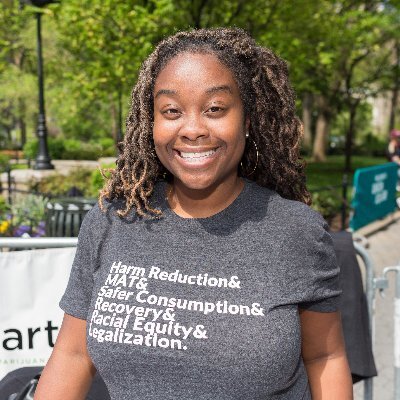
Kassandra Frederique, MSSW
Executive Director
Drug Policy Alliance
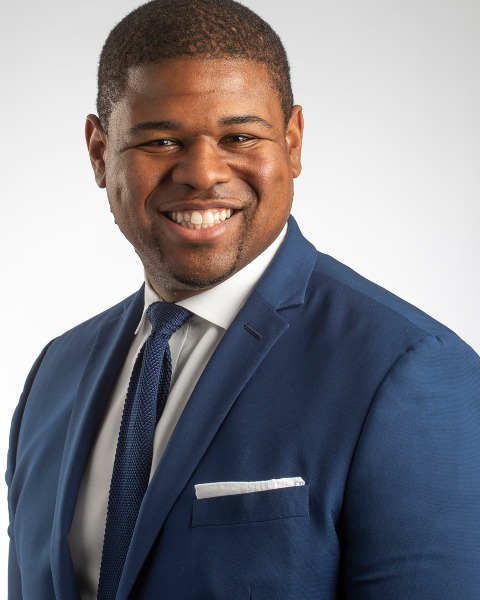
Johnathan Goree
Associate Professor of Anesthesiology, Director of Chronic Pain Division
University of Arkansas for Medical Sciences
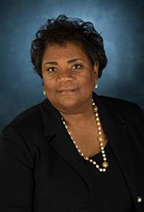
Carmen Green, MD
Professor of Anesthesiology, OB/GYN and Health Management and Policy, and attending pain medicine physician at the University of Michigan Schools of Medicine and Public Health
University of Michigan
Carmen R. Green, MD is a tenured Professor of Anesthesiology, OB/GYN, and Health Management & Policy at the University of Michigan’s Schools of Medicine and Public Health, attending physician in the Back and Pain Center, and faculty at the Institute for Social Research, Institute for Health Policy and Innovation, and Program for Research on Black Americans. Green is an elected fellow of the New York Academy of Medicine, Gerontological Society of America, and Association of University Anesthesiologists. She was UM's inaugural Associate Vice President and Associate Dean for Health Equity and Inclusion.
Dr. Green was elected to Alpha Omega Alpha National Honor Medical Society, completed an Anesthesiology residency, subspecialty training in Ambulatory and Obstetrical Anesthesia, fellowship in Pain Medicine at UM as well as the NIH National Institute on Aging Butler-Williams Scholar program, von Hedwig Ameringen Executive Leadership in Academic Medicine fellowship, and Mayday Pain & Society fellowship. She was a Robert Wood Johnson Health Policy fellow at the National Academy of Medicine of the National Academies; working in the Health Education Labor and Pensions Committee and the Children and Families Subcommittee, she helped draft the National Pain Care Policy Act.
Green's research focuses on pain and the social determinants of health. She authored germinal and seminal papers revealing unequal treatment for pain care across the life course for women and minorities. Dr. Green was the first to identify hospital security errors.
Dr. Green has received honors for her board service includes US Secretary of HHS Interagency Pain Research Coordinating Committee, HHS Oversight Committee for the National Pain Strategy (Disparities Committee Co-Chair) and NIH’s Advisory Committee for the National Institute of Child and Human Development, Advisory Committee for Research on Women’s Health, and National Center for Medical Rehabilitation Research. She made presentations to the US Congress and Rockefeller Center in Bellagio, Italy.

Sharon Hsu, PhD
Psychologist
Swedish Medical Center
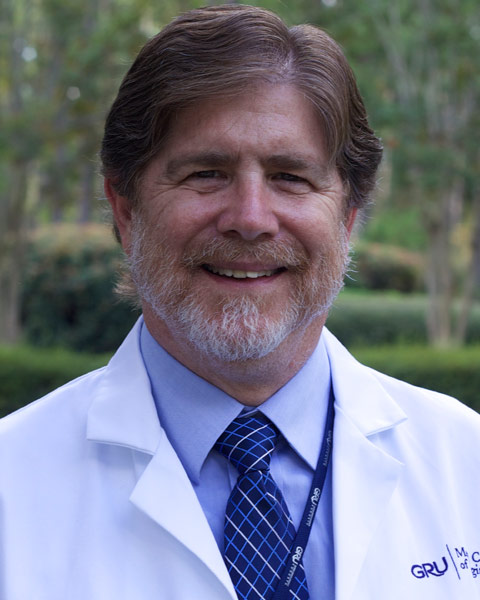
William Jacobs, MD
Associate Medical Director
Florida Professionals Resource Network
William S. Jacobs, M.D, Associate Professor, Medical College of Georgia. is a national clinical expert, triple board certified in Anesthesiology, Pain Medicine, and Addiction Medicine physician. A Magna Cum Laude University of Georgia undergraduate and graduate of the Medical College of Georgia, Dr. Jacobs did his Anesthesiology Residency at the University of Alabama-Birmingham. He had a 13 year career as a private practitioner in anesthesiology and pain management before matriculating to UF for his Addiction Medicine Fellowship.
Dr. Jacobs has been a national expert, testifying on Capitol Hill on MDMA and prescription misuse and abuse. He was a medical and scientific Consultant to the US Senate as well as the Department of Labor. Dr Jacobs has also testified and consulted for the DEA on safe prescribing of narcotic drugs and the model of ideal treatment programs. Dr. Jacobs has been the Medical Director of non-profit, profit, and academic chemical dependency and dual diagnosis programs. After his promotion to Associate Professor, he left academia and started NexStep Integrated Pain Care Inc., a model outpatient program for the treatment of patients with both chronic pain and addiction disorders. He returned to the University of Florida full time as Associate Professor in Psychiatry and Addiction Medicine: Co-Chief of Pain Medicine in 2012.
Dr. Jacobs is the author of peer reviewed scientific papers, abstracts, textbook chapters including the ASAM and APA definitive substance use volumes, and practice guidelines including highly cited studies on mitigating opioid abuse in chronic pain treatment, physician recovery, naltrexone, urine drug testing, and body mass index and alcohol use.
Dr Jacobs has returned home to Georgia to become the first Chief of Addiction Medicine at The Medical College of Georgia He is also Medical Director of The Bluff Plantation as well as Chief Medical Officer for Georgia Detox & Recovery.
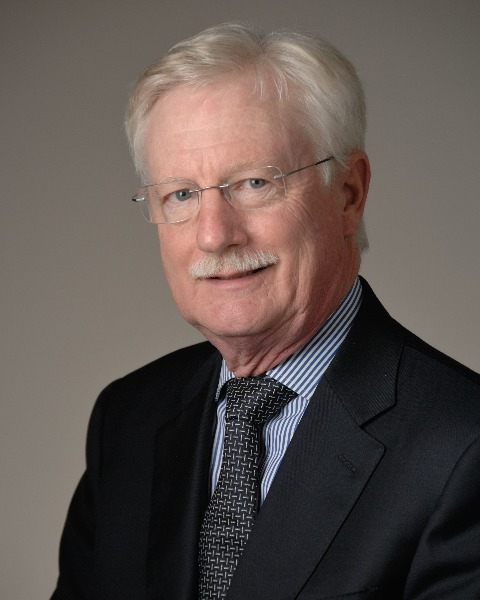
George Koob
PhD
George F. Koob, PhD is Director of the National Institute on Alcohol Abuse and Alcoholism where he oversees a wide range of alcohol-related research, including genetics, neuroscience, epidemiology, prevention, and treatment.
As an authority on alcoholism, drug addiction and stress, he has contributed to our understanding of the neurocircuitry associated with the acute reinforcing effects of alcohol and drugs of abuse and the neuroadaptations of the reward and stress circuits associated with the transition to dependence. Dr. Koob has published over 750 peer reviewed papers and several books including the “Neurobiology of Addiction,” a comprehensive treatise on emerging research in the field, and a textbook for upper division undergraduates and graduate students called “Drugs, Addiction and the Brain.” He has mentored 12 PhD students, 84 post-doctoral fellows, and 11 K99’s.
He received his PhD in Behavioral Physiology from Johns Hopkins University in 1972. He spent much of his early career at the Scripps Research Institute as the Director of the Alcohol Research Center, and as Professor and Chair of the Scripps’ Committee on the Neurobiology of Addictive Disorders. He has also served as a researcher in the Department of Neurophysiology at the Walter Reed Army Institute of Research and the Arthur Vining Davis Center for Behavioral Neurobiology at the Salk Institute for Biological Studies. Dr. Koob is the recipient of many honors, including membership in the National Academy of Medicine and award of the Legion of Honor (Knight of the Legion of Honor, France).
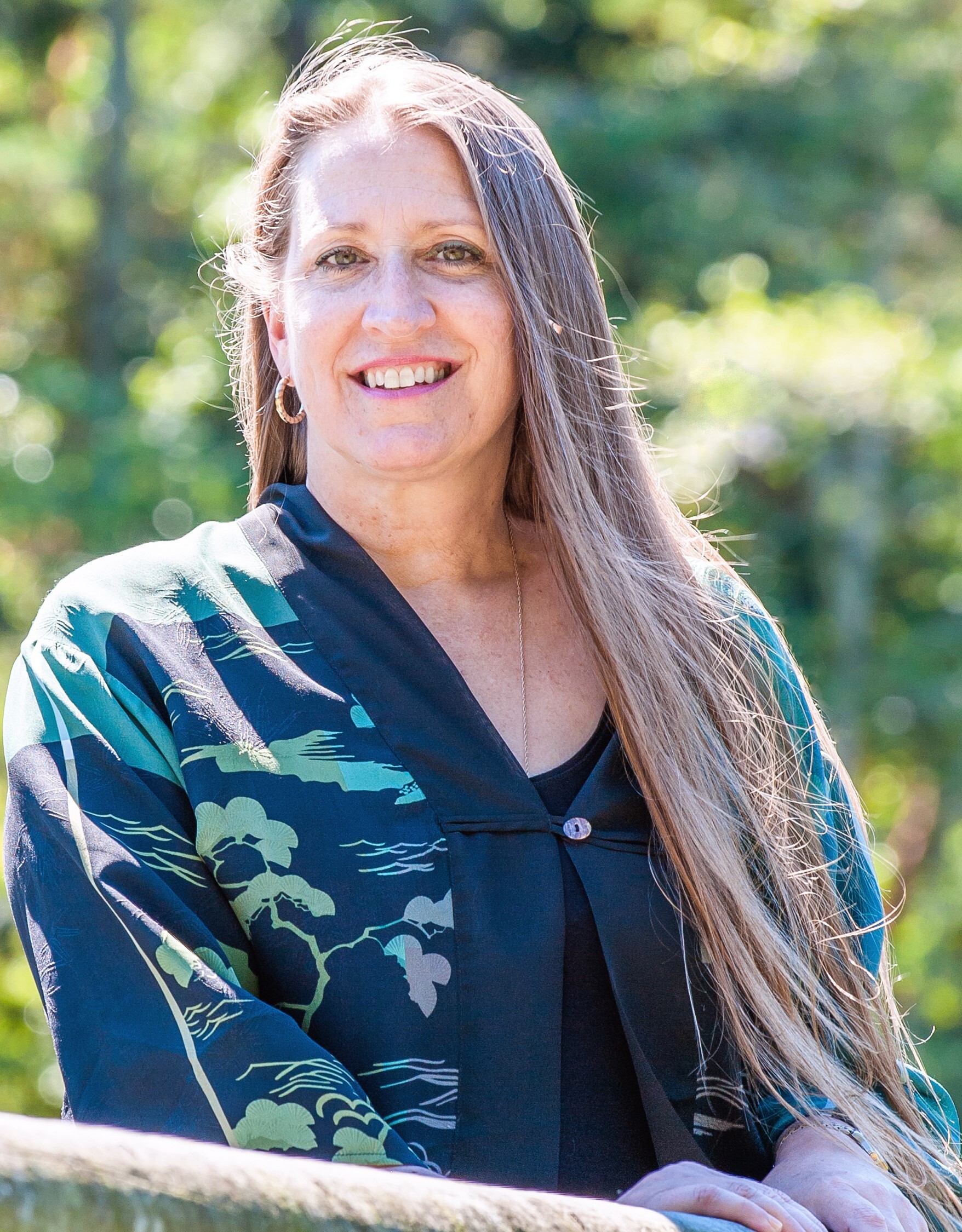
Launette Marie Rieb
MD, MSc, CCFP, FCFP, DABAM, FASAM
Launette Rieb, MD, MSc, CCFP, FCFP, DABAM, FASAM is a Clinical Associate Professor in the Department of Family Practice at the University of British Columbia (UBC), Canada. She is a Family Physician and diplomat of The American Board of Addiction Medicine. She did her graduate work in the area of pain physiology. She completed a postgraduate UBC Clinical Scholar's Program in 2015 and a NIDA sponsored Canadian Addiction Medicine Research Fellowship in 2016 resulting in publication on a newly described opioid pain phenomenon - withdrawal-associated injury-site pain (WISP). She has also published on fentanyl and heroin overdose deaths in BC, as well as on addiction in a variety of marginalized populations. Dr. Rieb is the Medical Director of a multidisciplinary team at OrionHealth (Vancouver Pain Clinic), and works as a consultant for the Rapid Access Addictions Clinic at St. Paul’s Hospital in Vancouver. In addition, she does addiction medicine consultations for The Orchard Recovery Centre, on Bowen Island. Dr. Rieb has taught addiction medicine in the undergraduate and postgraduate medical programs at UBC, and at national and international conferences for 24 years. Dr. Rieb was the co-creator and initial Physician Director of the St. Paul’s Hospital Goldcorp Addiction Medicine Fellowship (now the BC Centre on Substance Use Addiction Medicine Fellowship). She is a member of the Canadian Society of Addiction Medicine’s Education Committee and the College of Family Physician of Canada's Competency Creation Working Group for the Certificate of Added Competency in Addiction Medicine. Dr. Rieb is the past recipient of a UBC Faculty of Medicine Post Graduate Teaching Award.
No relevant financial disclosures.
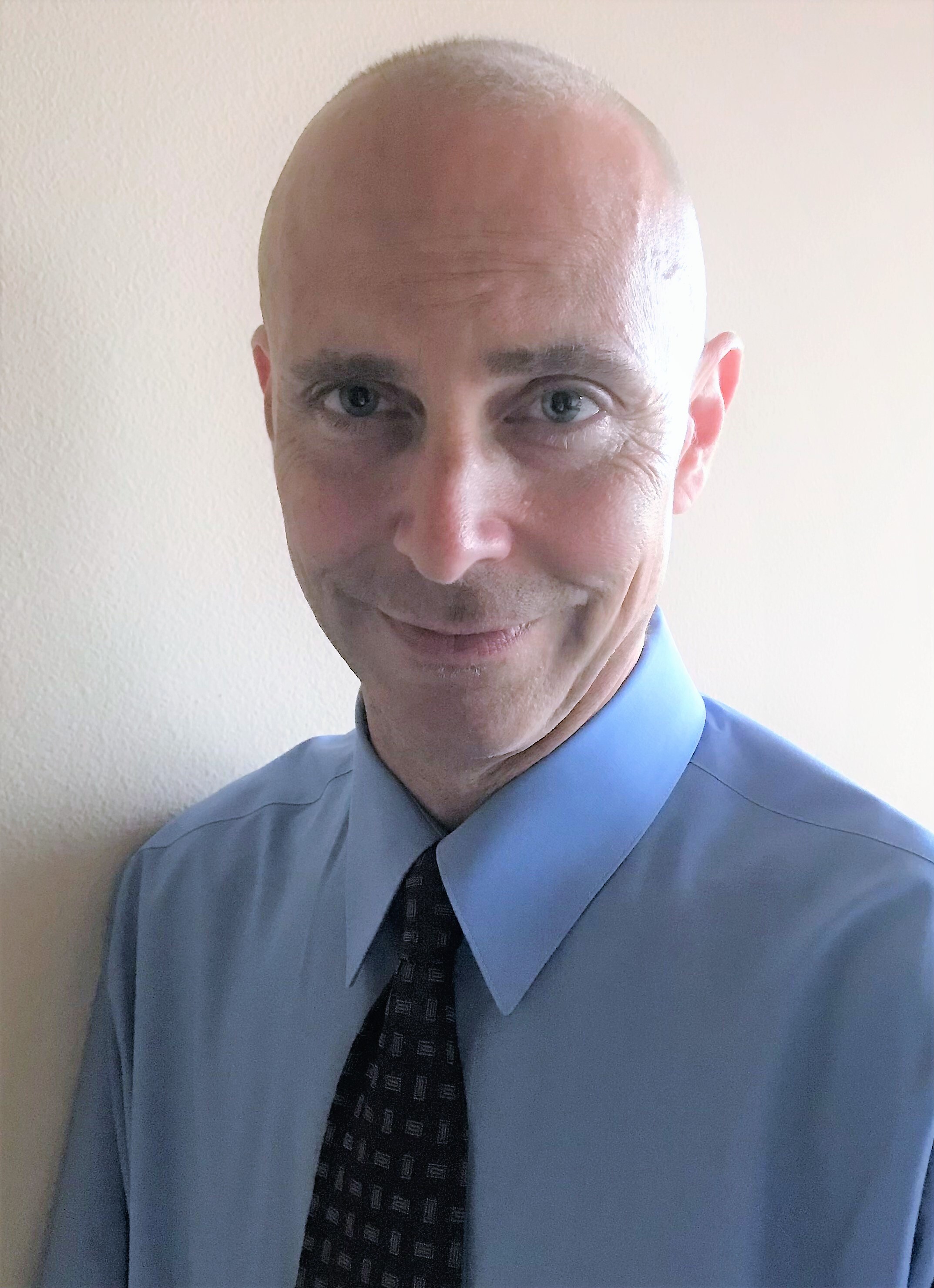
Gregory Rudolf
MD, DFASAM
Dr Rudolf is a physician board certified in addiction medicine, pain medicine, medical acupuncture and family medicine practicing at Swedish Pain Services in Seattle. The clinic integrates multidisciplinary pain care approaches in an effort to optimize patient functional outcomes and self-efficacy. He has also worked extensively in inpatient substance use disorder treatment settings and has published on the topic of opioid withdrawal management. He is the current Chair of the ASAM Pain and Addiction Committee, the immediate past president of the Washington Society of Addiction Medicine, and is a clinical associate professor at University of Washington.
No relevant financial disclosures.
Credits and Disclosures

ACCME Accreditation Statement
ACCME Accreditation Statement
The American Society of Addiction Medicine is accredited by the Accreditation Council for Continuing Medical Education (ACCME) to provide continuing medical education for physicians.
AMA Credit Designation Statement
The American Society of Addiction Medicine designates this live activity for a maximum of 6.5 AMA PRA Category 1 Credits. Physicians should claim only the credit commensurate with the extent of their participation in the activity.
American Academy of Family Physicians (AAFP)
The AAFP has reviewed The ASAM Virtual Pain & Addiction: Common Threads Course XXII and deemed it acceptable for up to 6.50 In-Person, Live (could include online) AAFP Prescribed credit. Term of Approval is from 04/21/2021 to 04/21/2021. Physicians should claim only the credit commensurate with the extent of their participation in the activity.
AMA/AAFP Equivalency
AAFP Prescribed credit is accepted by the American Medical Association as equivalent to AMA PRA Category 1 credit(s)™ toward the AMA Physician’s Recognition Award. When applying for the AMA PRA, Prescribed credit earned must be reported as Prescribed, not as Category 1.
American Academy of Physician Assistants (AAPA)
This activity has been reviewed by the AAPA Review Panel and is compliant with AAPA CME Criteria. This activity is designated for 6.5 AAPA Category 1 CME credits. Approval is valid from 4/21/2021 to 4/21/2022 . PAs should only claim credit commensurate with the extent of their participation. AAPA reference number: CME-202345.
NAADAC, the Association for Addiction Professionals
This activity has been approved by the American Society of Addiction Medicine, as a NAADAC Approved Education Provider, for educational credits. NAADAC Provider #295, ASAM is responsible for all aspects of the programming.
California Association for Drug/Alcohol Educators (CAADE)
This educational program is approved by CAADE: #CP40 999 1222.
California Association of DUI Treatment Centers (CADTP)
This educational program is approved by CADTP: #205.
California Consortium of Addiction Programs and Professionals (CCAPP)
This educational program is approved by CCAPP: #OS-20-330-1222.
Continuing Education Credits (CEUs)
Non-physician participants will receive a certificate of attendance upon completion of the activity and an online evaluation confirming their participation. Participants should submit his/her certificate of attendance to their professional organization/institute.
American Board of Preventive Medicine (ABPM)
The American Board of Preventive Medicine (ABPM) has approved this activity for a maximum of 6.5 LLSA credits towards ABPM MOC Part II requirements.
American Board of Anesthesiology (ABA)
This activity contributes to the CME component of the American Board of Anesthesiology’s redesigned Maintenance of Certification in Anesthesiology TM (MOCA®) program, known as MOCA 2.0®.
American Board of Pediatrics (ABP)
Successful completion of this CME activity, which includes participation in the activity, with individual assessments of the participant and feedback to the participant, enables the participant to earn a maximum of 6.5 MOC points in the American Board of Pediatrics’ (ABP) Maintenance of Certification (MOC) program. It is the CME activity provider’s responsibility to submit participant completion information to ACCME for the purpose of granting ABP MOC credit.
American Board of Internal Medicine (ABIM)
Successful completion of this CME activity, which includes participation in the evaluation component, enables the participant to earn up to 6.5 Medical Knowledge MOC points in the American Board of Internal Medicine’s (ABIM) Maintenance of Certification (MOC) program. Participants will earn MOC points equivalent to the amount of CME credits claimed for the activity. It is the CME activity provider’s responsibility to submit participant completion information to ACCME for the purpose of granting ABIM MOC credits.
American Board of Surgery (ABS)
Successful completion of this CME activity, which includes participation in the evaluation component, enables the learner to earn credit toward the CME and/or Self-Assessment requirements of the American Board of Surgery’s Continuous Certification program. It is the CME activity provider's responsibility to submit learner completion information to ACCME for the purpose of granting ABS credit.
American Board of Psychiatry and Neurology (ABPN)
Successful completion of this CME activity can be used to satisfy the American Board of Psychiatry and Neurology’s (ABPN) CME requirement for Maintenance of Certification program.
American Board of Addiction Medicine (ABAM)
Successful completion of this activity can be used to satisfy the American Board of Addiction Medicine (ABAM) for Tmoc as credits towards ABAM LLSA Part II requirements.
Royal College of Physicians and Surgeons of Canada (RCPSC)
Royal College Fellows can use participation in Accredited Continuing Medical Education to earn Section 3 Credits.
Program Planning Committee, CME Committee, Medical Education Council (MEC), and Faculty Disclosure Information
In accordance with disclosure policies of ASAM and the ACCME, the effort is made to ensure balance, independence, objectivity, and scientific rigor in all CME activities. These policies include resolving all possible conflicts of interest for the Planning Committees, CME Committee, MEC, and Faculty. All activity Planning Committee members and Faculty have disclosed relevant financial relationship information. The ASAM CME Committee has reviewed these disclosures and determined that the relationships are not inappropriate in the context of their respective presentations and are not inconsistent with the educational goals and integrity of the activity.
ASAM Pain & Addiction Planning Committee Disclosures
William S. Jacobs, MD (Chair) – No Relevant Financial Disclosures Saint Johns, FL
Gregory Rudolf, MD (Vice-Chair) – No Relevant Financial Disclosures Seattle, WA
Mark Weiner, MD, DFASAM (Immediate Past Chair) – No Relevant Financial Disclosures Ann Arbor, MI
Harithsa S. Asuri, MD – No Relevant Financial Disclosures Cincinnati, OH
Gregory X. Boehm, MD, DFASAM – No Relevant Financial Disclosures Shaker Heights, OH
Denise Josey, MD, MPH, MS – No Relevant Financial Disclosures Lake Worth, FL
Laura Morgan Frankart, PharmD, MEd, BCPS – No Relevant Financial Disclosures Richmond, VA
Launette Marie Rieb, MD, MSc, CCFP, FCFP, FASAM – No Relevant Financial Disclosures Vancouver, BC
Donald R. Teater, MD, MPH – No Relevant Financial Disclosures Denver, CO
Michael P. Sprintz, DO, DFASAM – Dose Disclose Shenandoah, TX
- Cellarian, Inc, Clinical Condition: Diagnostic Toxicology, SUD, COVID-19, Employment, Ownership Interest (includes stock, stock options, patent or other intellectual property)
- FirsTox, LLC, Clinical Condition: Drug Testing, Consultant/Advisory Board, Speaker/Honoraria (includes speakers bureau, symposia, and expert witness)
- Saluda Medical, Clinical Condition: Pain Management, Consultant/Advisory Board
- Mahantech, Clinical Condition: PDMP for SUD identification, Consultant/Advisory Board
- Dean Law firm, Clinical Condition: Pain management, Speaker/Honoraria (includes speakers bureau, symposia, and expert witness)
- Texas Pain Society, Clinical Condition: Pain and addiction, Speaker honoraria
- Texas A&M University Health Center, Clinical Condition: Pain and addiction, Speaker honoraria
ASAM Pain & Addiction Faculty Disclosures
Harithsa S. Asuri, MD – No Relevant Financial Disclosures Cincinnati, OH
Daniel P. Alford, MD, MPH - No Relevant Financial Disclosures Boston, MA
Kassandra Frederique, MSSW – No Relevant Financial Disclosures New York, NY
Johnathan H. Goree, MD – No Relevant Financial Disclosures Little Rock, AK
Carmen R. Green, MD – No Relevant Financial Disclosures Ann Arbor, MI
Sharon H. Hsu, PhD – No Relevant Financial Disclosures Seattle, WA
Denise Josey, MD, MPH, MS – No Relevant Financial Disclosures Lake Worth, FL
George Koob, PhD – No Relevant Financial Disclosures Bethesda, MD
Launette Marie Rieb, MD, MSc, CCFP, FCFP, FASAM – No Relevant Financial Disclosures Vancouver, BC
Gregory Rudolf, MD – No Relevant Financial Disclosures Seattle, WA
William S. Jacobs, MD – No Relevant Financial Disclosures Saint Johns, FL
All relevant financial relationships have been mitigated

